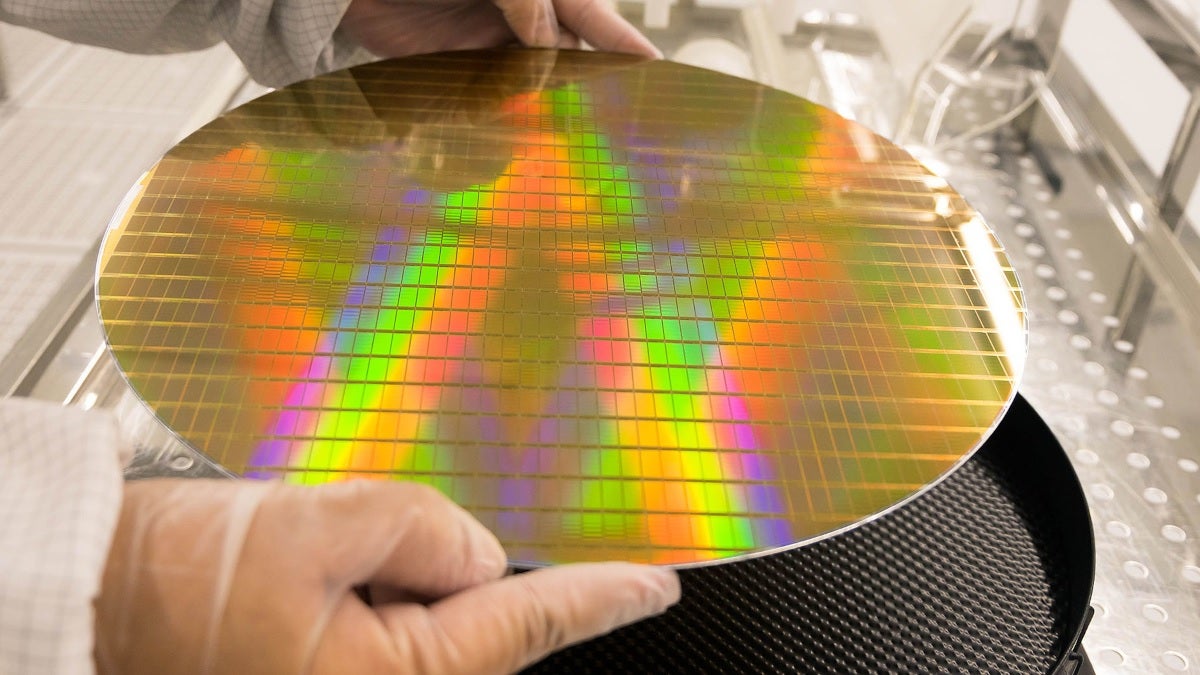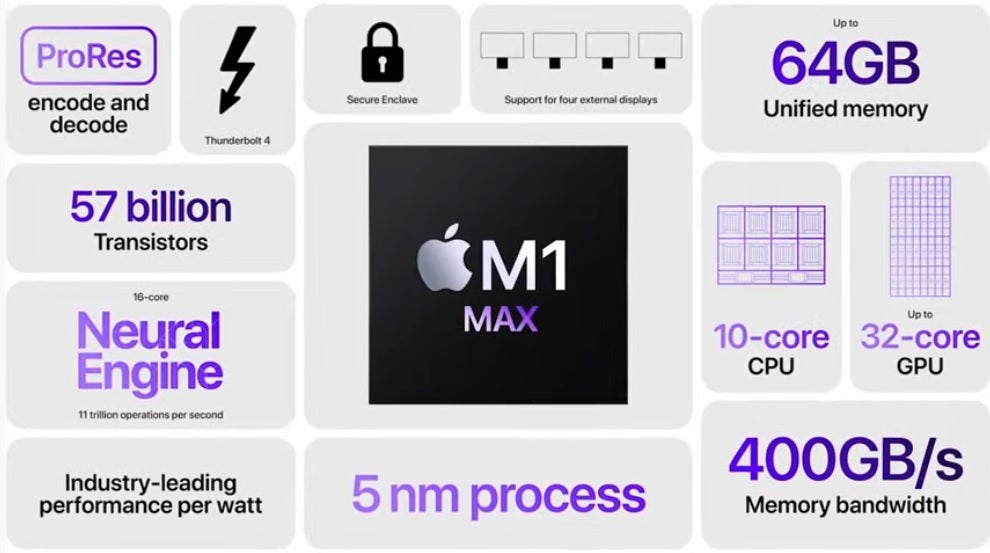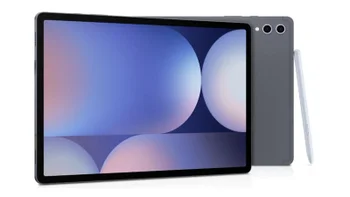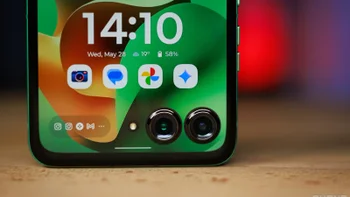The optical switch could replace the transistor leading to faster and more energy-efficient chips

Moore's Law is the observation made by Intel co-founder Gordon Moore that originally called for the number of transistors inside a chip to double every year. Moore made this observation in 1965 and revised it in 1975 calling for the transistor count to double every two years. As the number of transistors inside chips rises, the integrated circuits become more powerful and energy-efficient.
The race is on to find a way to build faster and more energy-efficient chips once Moore's Law can no longer be counted on
The Apple A13 Bionic that powered the iPhone 11 series in 2019 contained 8.5 billion transistors in each chip and was manufactured by TSMC using its second-generation 7nm N7P process node. The next year, the A14 Bionic that was used on the iPhone 12 series in 2020 carried 11.8 billion (up 38.8% from the A13 Bionic). It was the first chip made by TSWMC using its 5nm process node.

The recently announced Apple M1 Max sports a whopping 57 billion transistors inside
This year's A15 Bionic, made using TSMC's second-gen 5nm process node, is equipped with 16 billion transistors. But look at the transistor count progression on Apple's M-series chips designed to replace Intel processors on the Mac. The M1 launched last year with 15 billion transistors and just this Monday, Apple unveiled the M1 Pro (33.7 billion transistors) and the M1 Max (57 billion transistors).
Eventually, Moore's Law will no longer be a viable observation and transistors won't be able to get any smaller. But according to Tom's Hardware, IBM teamed up with Russian researchers and created optical switches. These use light instead of electricity to flip switches on and off to create the binary numbers that become characters. Light is superfast and an optical switch can flip up to 1,000 times faster than voltage can.
Even five years ago there was a thought that the use of light could help extend or even restart Moore's Law. A report in ExtremeTech from back in February of 2016 said, "Once created though, a fully optical computer could possibly allow us to restart Moore’s Law. It won’t hold a candle to some future, comprehensive quantum computer, but until we get such a thing an optical computer is one of our best bets to restart exponential growth in computing power."
The optical switch that researchers can use on a chip requires only one photon of light. Pavlos Lagoudakis, a physicist at the Skolkovo Institute of Science and Technology in Moscow, and the senior author of the study said, "The most surprising finding was that we could trigger the optical switch with the smallest amount of light, a single photon." Lasers and mirrors are used to make the optical switches work.
Light-based switching is still years away from becoming mainstream technology
Lagoudakis pointed out that while the research looks promising, light-based switching is still years away from being used by mainstream chip designers. He says, "It took 40 years for the first electronic transistor to enter a personal computer and the investment of many governments and companies and thousands of researchers and engineers. It is often misunderstood how long before a discovery in fundamental physics research takes to enter the market."
If this process can be refined, light-based computing could help bring faster and more energy-efficient chips to the marketplace. In 2019 IBM staff member Thilo Stöferle wrote, "By cramming ever more transistors on ever smaller chips we have come to build devices like our smartphones with orders of magnitude more computing power than the large computers used by NASA to land the first men on the moon."
Stöferle adds, "But none of these inventions are guaranteed to stay with us forever. In fact, in recent years we have witnessed a renaissance of interest in radically different components and architectures." Among the possible candidates to replace the transistor is the optical switch.
Follow us on Google News













Things that are NOT allowed:
To help keep our community safe and free from spam, we apply temporary limits to newly created accounts: